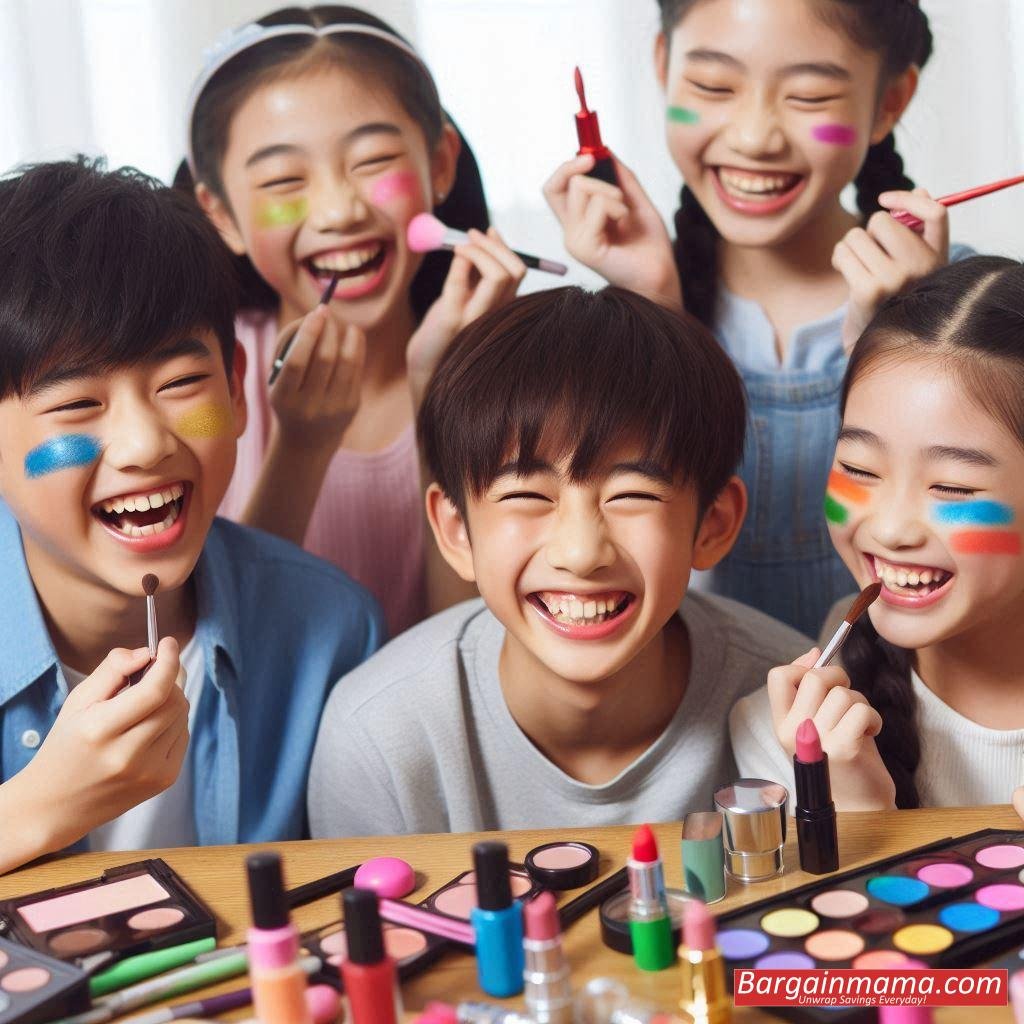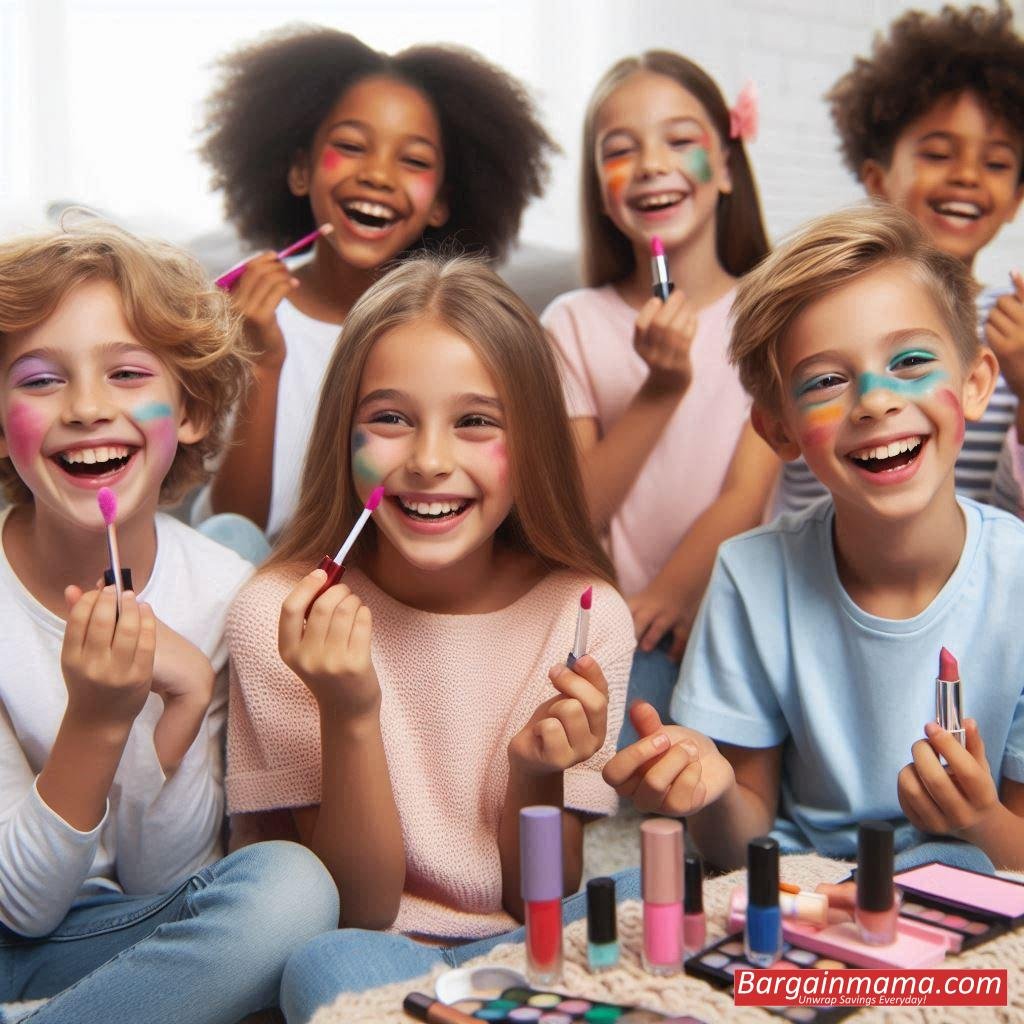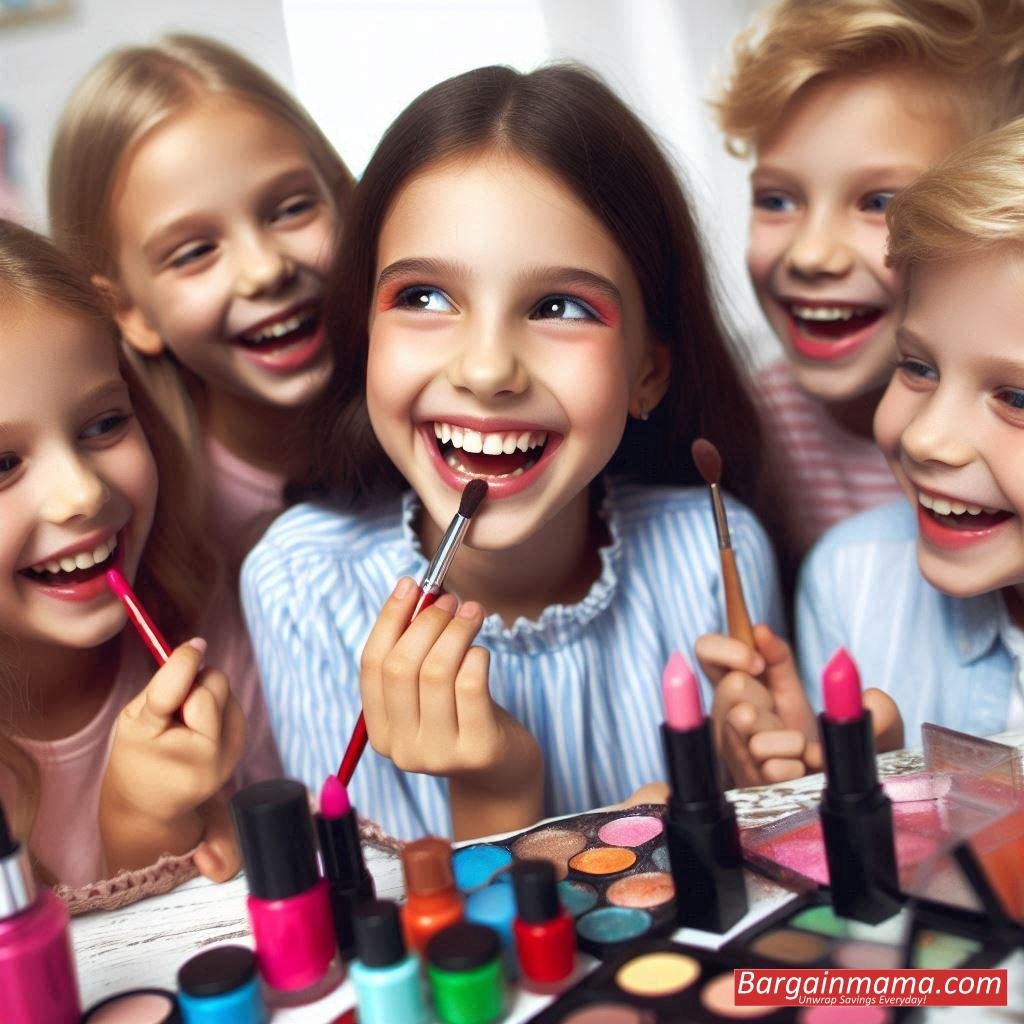Concern over “Sephora kids” is increasing, both lawmakers and brands are thinking of a creative way to limit Gen Alpha’s penchant for high-end beauty goods: outright prohibiting youngsters from purchasing anti-aging skincare products.
A law that would forbid children under 13 from purchasing over-the-counter treatments containing anti-aging chemicals including retinol, retinoids, and alpha hydroxy acid was filed by California state Assembly member Alex Lee in April.

Although the law was approved by the Environmental Safety and Toxic Materials Committee last month, on May 16 it was not approved by the state Assembly. According to Lee, it has the ability to shield kids from “the unnecessary harms of anti-aging products,” which can cause skin damage. He’s not the only one who thinks age restrictions for beauty products could deter Sephora kids: Large Swedish pharmacy chain Apotek Hjärtat ceased offering “advanced skincare products”—combinations of anti-aging chemicals like retinol, vitamin C, and specific acids—to customers under the age of fifteen in March.
Opponents countered that it would be too difficult to implement the legislation. The Personal Care Products Council, a trade group that advocates for 600 international cosmetic companies, argued that if the bill were to pass, retailers would have to implement new policies, such as teaching cashiers to confirm customers’ ages and identify products that are sufficiently “anti-aging.”
Or even more directly: Is banning skincare truly the best way to address children’s increasing fixation with appearance? Specialists disagree.
The founder of MMSkincare and board-certified dermatologist Ellen Marmur is not surprised that anti-aging products are gaining popularity among teens and tweens. Even the most discerning consumers find it difficult to resist the allure of beauty products that are promoted on social media in “Get Ready with Me” videos and advertisements.

Banned anti-aging goods won’t stop kids from buying them in the end, according to Dr. Marmur, but they can “open up the conversations parents should be having with their children regarding hygiene, skincare, and makeup.”
Don Grant, a psychologist and national advisor for healthy device management at Newport Healthcare, concurs that parents should teach their kids about the suitability and safety of particular skincare products. However, he also thinks that companies and retailers ought to alert consumers about the potential side effects that anti-aging ingredients may have on teen and tween skin.
“We already have these in place for alcohol, nicotine, motor vehicles, medications, and even amusement park rides,” says Grant. “Realistically, kids can and do find ways around them, but it is vital to at least inform and promote the right message.”
Grant agrees that prohibitions can backfire, “especially when involving minors,” in reference to cunning children. Despite adult efforts, children frequently obtain “forbidden” goods like alcohol and cigarettes because, to them, they are more alluring because they are illegal.

Bans, or at the very least warnings, may be a beginning step in the great Sephora kid crackdown, but they’re not a whole answer. “There’s no magic formula for any issue,” as Dr. Marmur states.



